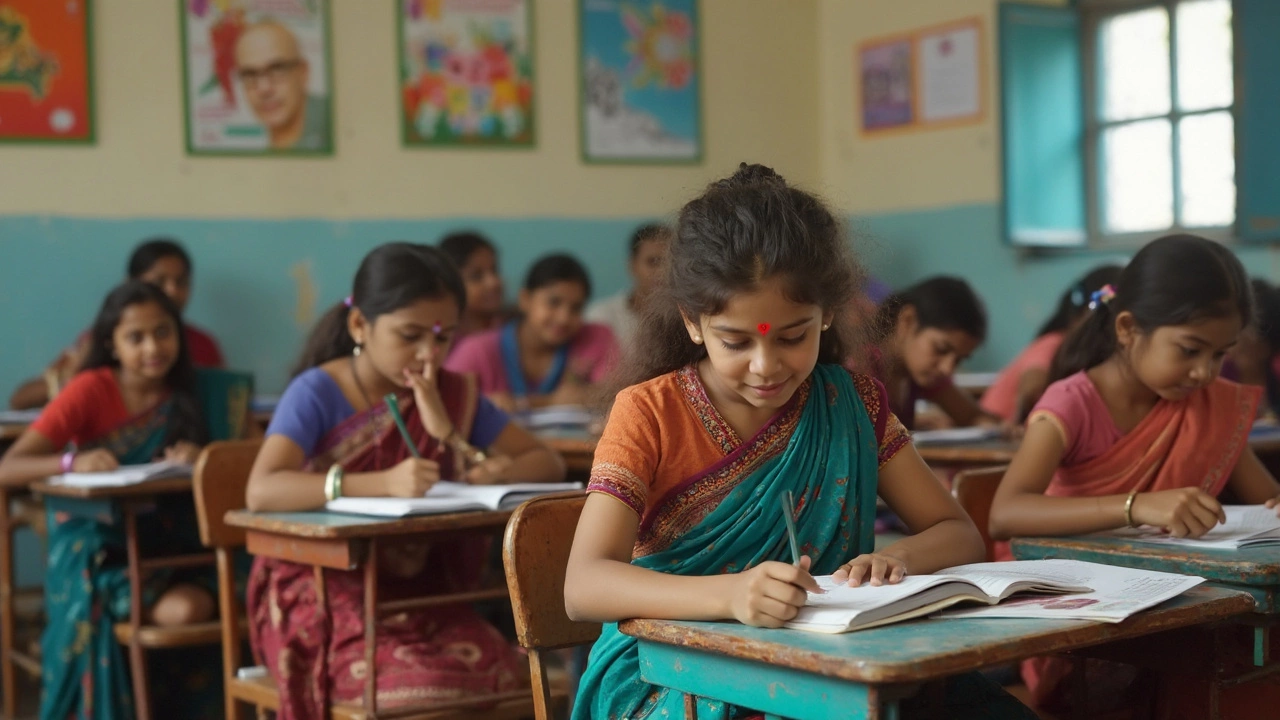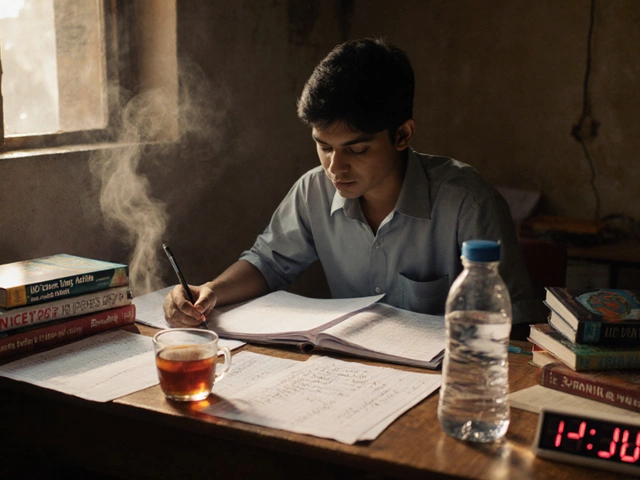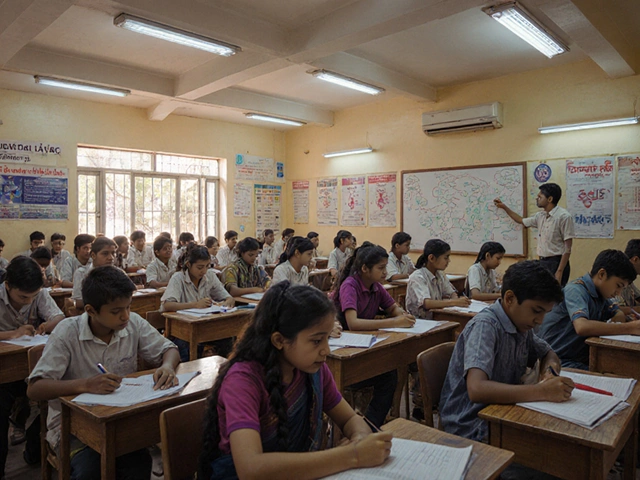ICSE Board: What It Is, How It Works, and What Students Need to Know
When it comes to school education in India, the ICSE, the Indian Certificate of Secondary Education board, a national-level board known for its comprehensive curriculum and emphasis on English language and analytical skills. Also known as CISCE, it’s run by the Council for the Indian School Certificate Examinations and is one of the most popular choices for private and international schools across the country. Unlike CBSE, which leans toward standardized testing and science-heavy paths, ICSE gives more weight to literature, languages, and project-based learning. It’s not just about memorizing formulas—it’s about understanding context, writing clearly, and thinking critically.
Students in ICSE schools take the Class 10 exam, called the ICSE Board Exam, and later the Class 12 exam, known as the ISC (Indian School Certificate). These aren’t just tests—they’re full assessments of how well a student can analyze, interpret, and express ideas. The syllabus covers more topics in English literature, history, geography, and science than most other boards. For example, a single English paper might include poetry analysis, prose comprehension, and essay writing—all in one go. That’s why many families choose ICSE when they want their child to build strong communication skills early on.
But it’s not all smooth sailing. The ICSE syllabus is heavier, the exams are longer, and the marking is stricter. Parents often ask: Is it worth the extra workload? For students aiming for top universities abroad or careers in law, journalism, or design, the answer is usually yes. The board’s focus on writing and reasoning gives students an edge in college applications and interviews. But if your goal is to crack IIT JEE or NEET right after Class 12, you might find CBSE’s more streamlined science focus easier to align with.
What’s clear is that ICSE schools don’t just teach—they train. You’ll find students here writing research papers in Grade 8, presenting science projects in front of panels, and debating current events in history class. It’s a system built for depth, not speed. And while it’s demanding, it also gives students tools that last far beyond the exam hall.
Below, you’ll find real guides and insights from students and teachers who’ve walked this path. Whether you’re wondering how to prepare for ICSE English literature, which books actually help, or how the grading works, these posts cut through the noise. No fluff. Just what works.

The Toughest School Board in India: Which One Is It?
Navigating India’s diverse education boards can be daunting. With CBSE, ICSE, and several state boards, parents and students often wonder which is the toughest. This article delves into the nuances of these curriculums, offering a closer look at subjects, exam patterns, and tips for managing the pressure. Discover what makes a board challenging and how students can thrive.



